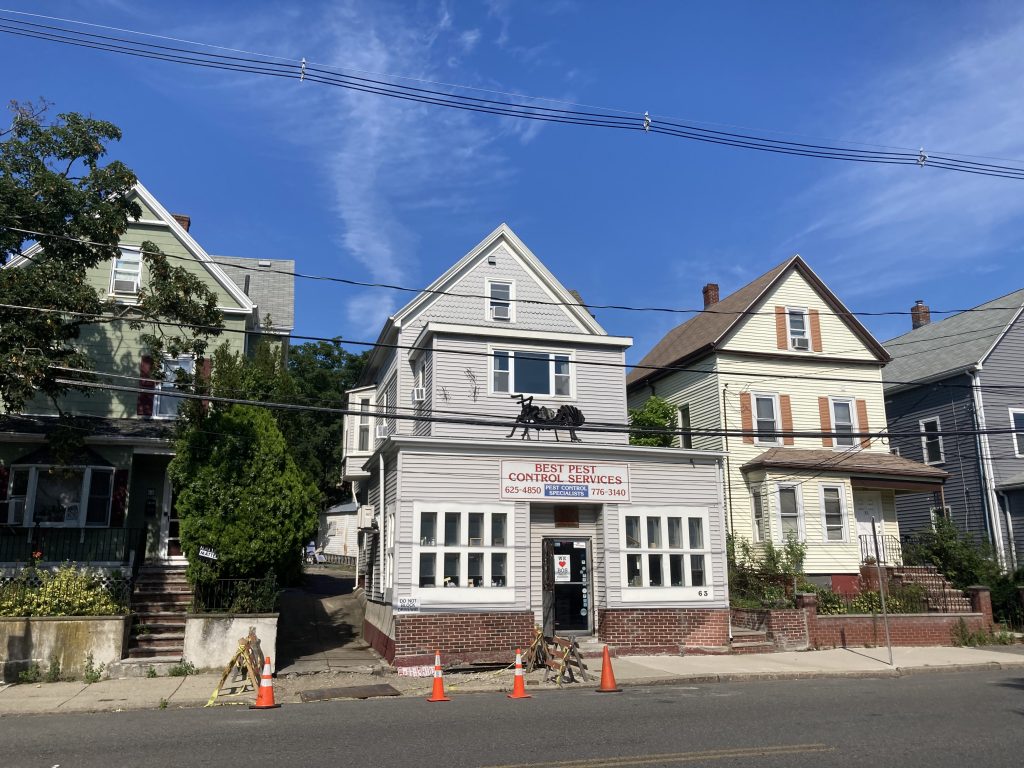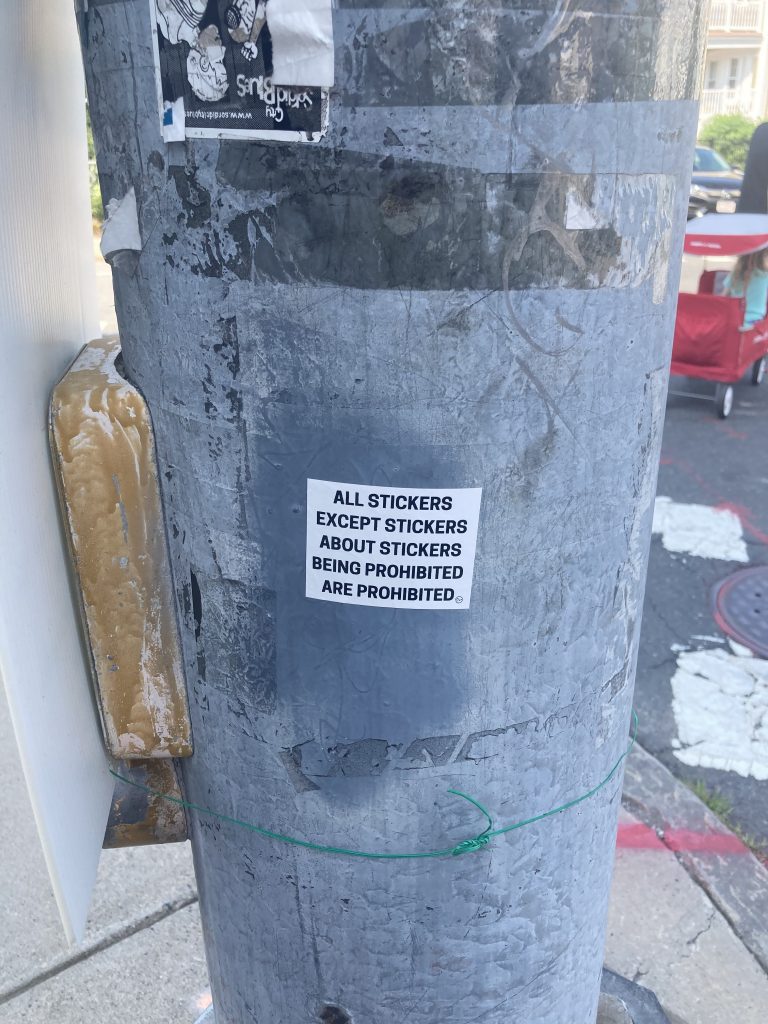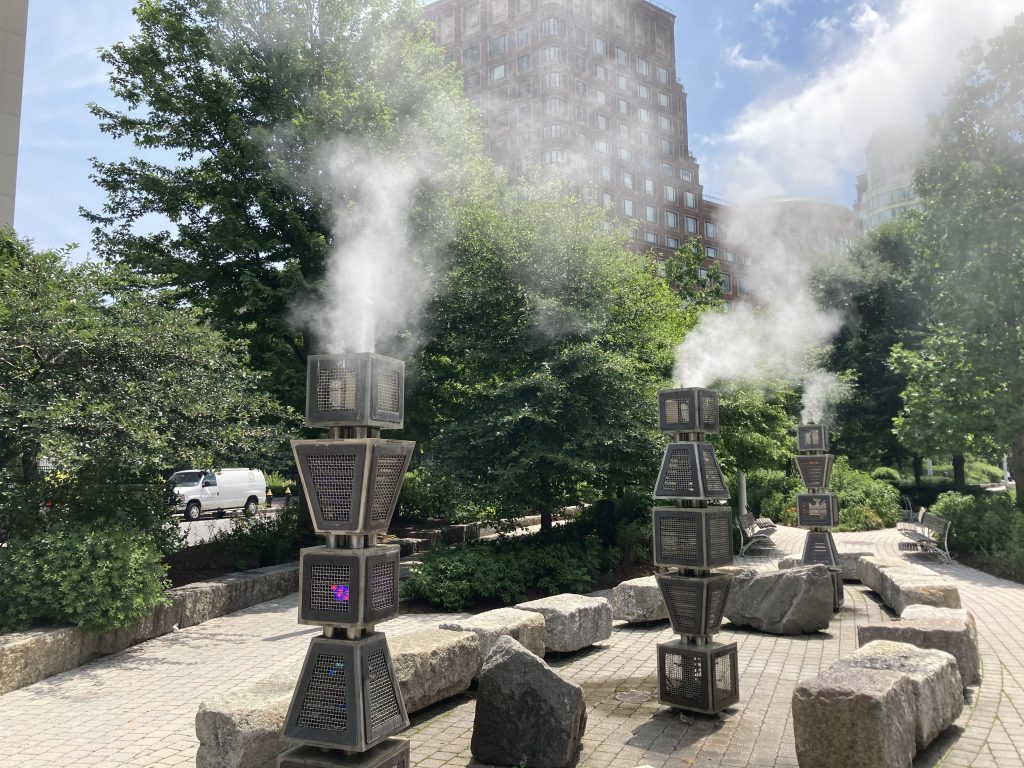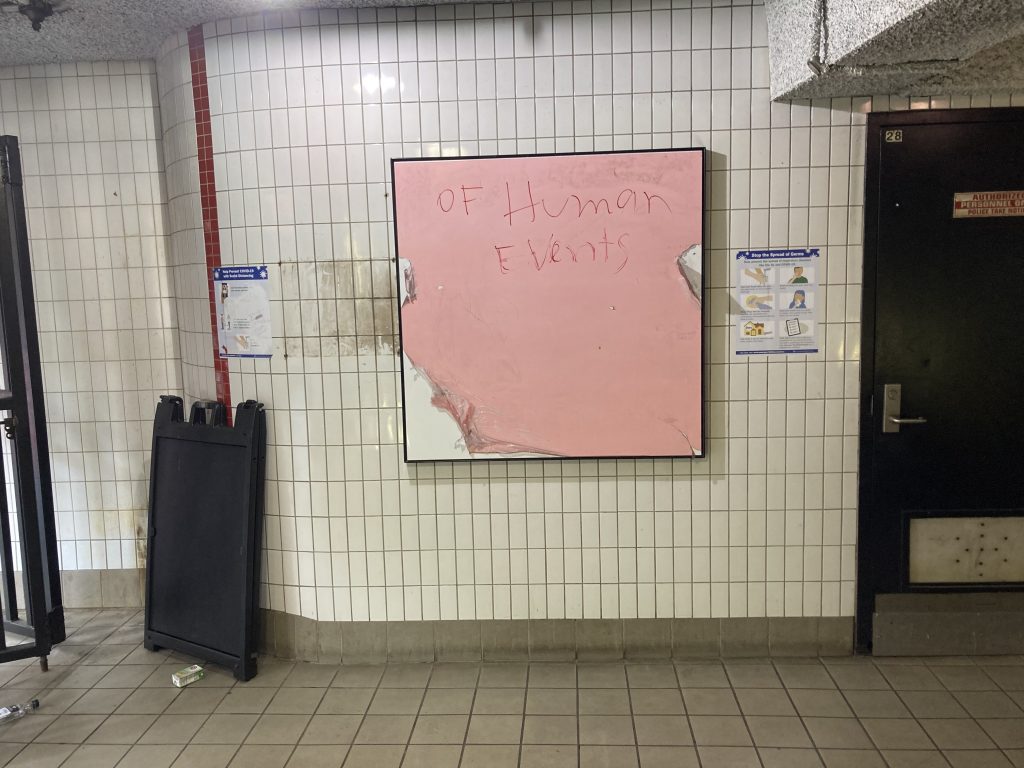‘Oil rigs chug a little slower deep in the American mid-west where the fruit of the ground is not black-gold but golden-gold, known less colloquially as ‘corn syrup.’ Commonly mistaken for a processed form of the surface-dwelling corn plant, ‘corn syrup’ earns its name for a tendency to pool under the same prairies atop which maize and its distant cousins tend to thrive. It is a viscous bruise hidden beneath the majority of American crops.
The straightforwardly named ‘Space Flower Theory’ posits that corn syrup is this world’s nectar and humanity, reimagined as a sort of swarming, drone-like species, is simply a medium for Earth’s essence. Corn syrup is the reward we earn for pouring non-renewable resources into unsustainable growth, which seems counter-intuitive at first but, ‘Space Flower Theory’ explains, is actually quite natural. The sooner we burn the planet down the sooner humanity will feel compelled to leave it. In doing so, we cross-pollinate the cosmos.
Though the name reeks of a new-age crystal rubbing, ‘Space Flower’ believers present as ‘down-to-earth.’ In reality, they are simply apathetic. Reading between the lines, it isn’t difficult to see that ‘Space Flower Theory’ is a thin, possibly sarcastic means by which a person might downplay the importance of individual responsibility for global crises. Any one who subscribes to the theory was looking for an excuse to forgo recycling when they found it and the same can be said for the majority of those who are able to describe it with a straight face.
The only discerning factor between the arm-chair ‘Space Flower Theorist’ and the zealot is the completion of a pilgrimage to the corn-syrup fields outside Omaha. They make no excuse for climate change, substitute an aggressive nihilism for the amateur’s lethargy and strive, in all actions, to salt the earth where it’s wounded. Their ritualistic destruction of farmland over a corn syrup reservoir results in what is often called crop circles. They hope, one day, to become the spacefarers we wish they were.’
‘The Syrup Fields’ aren’t much to look at. It’s autumn, so the rigs are definitely moving slower for all that the subterranean syrup has thickened in the cooling dirt, but they haven’t slowed, yet, to the notable winter crawl and the tempo is not so different from the mid-summer fly-fest videos I pull up on my phone. Hector licks wildly at the ground, the only indication that this is anything but an oil town and eventually I have to wipe down the rabbit’s sticky underbelly and shove him in the kennel. I don’t know that corn syrup is bad for him but, considering the number it’s done on the human populace, I feel comfortable making an educated guess.
Stupidly, perhaps, I sneak past the no-trespassing signs for a closer look and, shortly thereafter, I am running through a cornfield, pursued by a farmer with a gun. The web-strings of cooled syrup that form nearer the rigs collect on my face and make it difficult to open my eyes and to see through them once opened. I lick strands from my lips, sickly sweet and yellow across my skin.
Hector and I make a tidy escape, the farmer-cum-rig-operator emerging from the field in time to kick dirt at the bike as we swerve back onto the road. I doubt he would have taken the shot, but I drive a long ways before stopping again to shove a pocketful of sweetened kernels into the kennel and to wipe syrup from the handlebars. I suppose this counts as a fleeting bout of apathy and I wonder, idly (and idling) whether its onset is due to the corn syrup’s proximity or if the two are somehow comorbid, the seeking out of the Midwest and the carelessness with which we live.
-traveler





